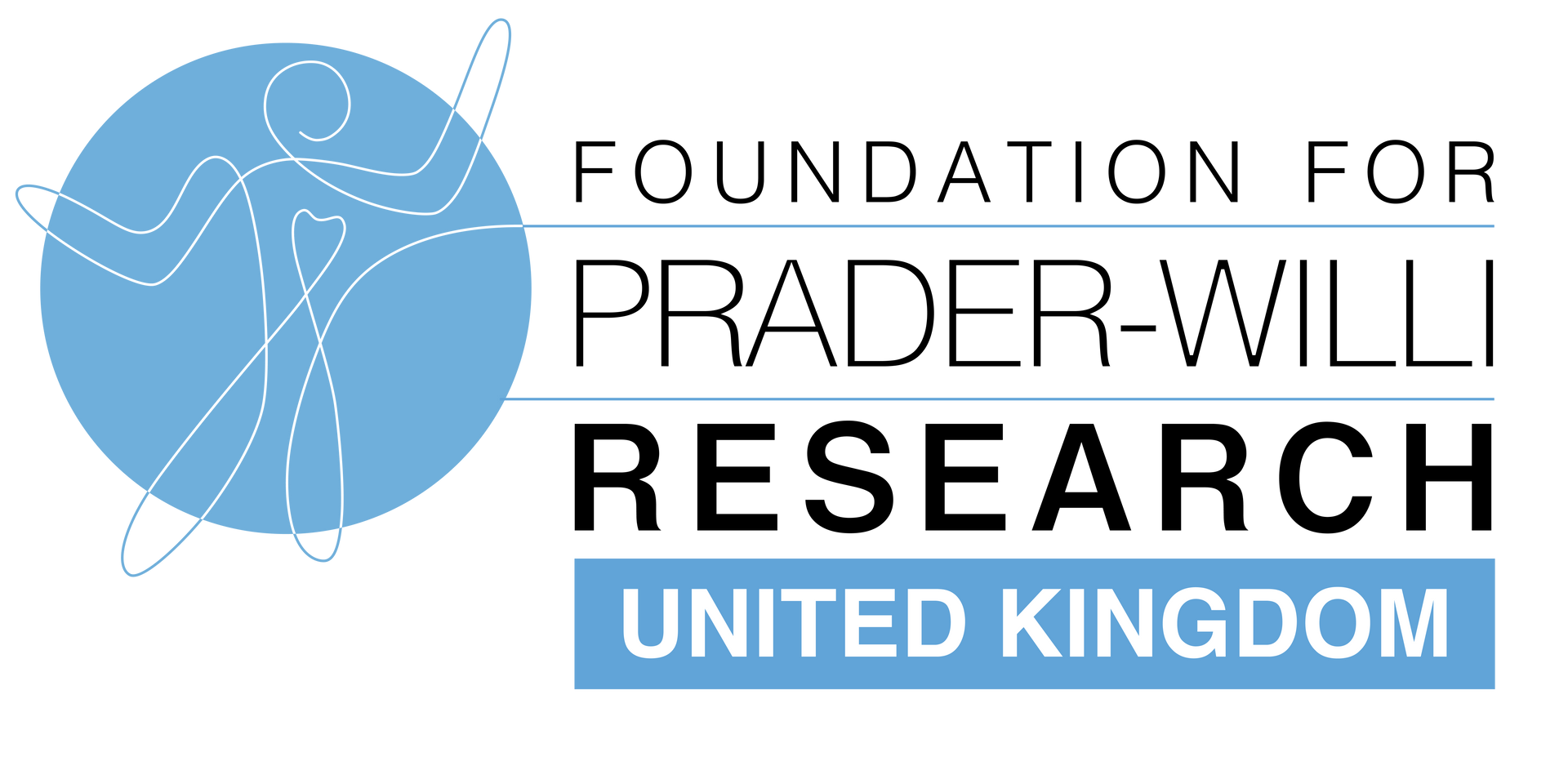
Prader-Willi Syndrome
Approximately
1 in 22,000
children
are born with Prader-Willi syndrome.
(as per IPWSO)
With an estimated 2,000 people living with PWS in the UK.

What is Prader-Willi Syndrome?
Prader-Willi syndrome (PWS) is a rare genetic disorder that affects many parts of the body. It usually causes weak muscle tone, which can lead to feeding difficulties for babies and delayed development. As children with PWS grow, they often develop an insatiable appetite, leading to overeating and life-threatening obesity if their food intake isn't strictly controlled. Other common characteristics include intellectual disability, orthopaedic issues and behavioural challenges. People with PWS require lifelong support and management to maintain a healthy lifestyle and prevent complications related to their condition.
Cause
PWS is caused by a genetic abnormality involving chromosome 15. Most cases occur sporadically, meaning they are not inherited from the parents, but rather result from a random error during the formation of reproductive cells or early embryonic development. In approximately 70% of cases, the paternal copy of chromosome 15 is either missing or deletedinactive in the critical region known as 15q11-q13, this is referred to as “paternal deletion”. In approximately 27% of cases, the individual inherits two chromosome 15’s from the mother and none from the father, known as “maternal uniparental disomy” (UPD). Finally approximately 3% have a small genetic mutation in the PWS region causing the paternal chromosome 15 to be inactive. This is known as “Imprinting mutation”
One of the most notable features of Prader-Willi Syndrome is its impact on appetite regulation and metabolism.
Infants with PWS often have weak muscle tone (hypotonia), feeding difficulties, and fail to thrive. However, as they grow older, they develop an insatiable appetite, known as hyperphagia, which can lead to severe obesity if not managed carefully. This constant feeling of hunger can lead to food-seeking behaviours, including stealing food or eating non-food items (known as pica).
Beyond the physical challenges, individuals with PWS may also experience developmental delays, learning disabilities, and behavioural problems. These can range from difficulties with social interactions and obsessive-compulsive tendencies to temper tantrums and stubbornness. However, many individuals with PWS also have endearing personalities, often described as affectionate, caring, and humorous.
Diagnosis & Intervention
Early diagnosis and intervention are crucial in managing Prader-Willi Syndrome. Treatment typically involves a multidisciplinary approach, including nutritional management, physical therapy to address muscle weakness, educational support, and behavioural therapy to manage compulsive behaviours and promote social skills.
Growth hormone therapy may also be prescribed to improve growth and muscle mass.
Living with Prader-Willi Syndrome presents unique challenges for individuals and their families, but with appropriate support and understanding, many people with PWS can lead fulfilling lives. Ongoing research into the underlying genetic mechanisms and potential therapies offers hope for improved treatments and outcomes in the future.
"PWS Stronger Together" is a collaboration between The Foundation for Prader-Willi Research UK and The Prader-Willi Association UK. While both organisations maintain independent operations, they join forces for this initiative. For further details, please don't hesitate to get in touch with us.

